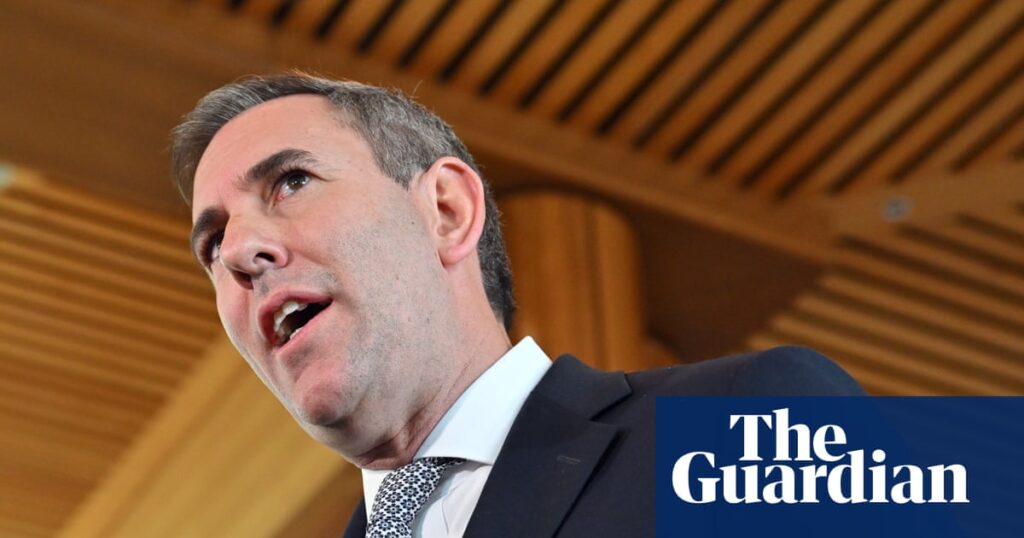
Labor is set to introduce a comprehensive overhaul of Australia’s national environmental laws to parliament before Christmas, following an expedited process agreed upon at a recent economic reform roundtable. This decision marks a significant shift from the previously planned 18-month timeline, as outlined by Treasurer Jim Chalmers. The move is part of a series of announcements from the event, including advancements in road user charging for electric vehicles and a long-term strategy for major tax reform.
The announcement comes after Labor’s previous agreement with the Greens to amend the Environment Protection and Biodiversity Conservation (EPBC) Act, including the establishment of a national environment protection agency, was halted by Prime Minister Anthony Albanese. Concerns from electorally sensitive regions like Western Australia played a role in this decision. Chalmers assures that more details on the new timeline will be disclosed soon, with expectations for Environment Minister Murray Watt to deliver progress by the end of the year.
Historical Context and Current Challenges
The push for reform is not new. Nearly five years have passed since Graeme Samuel’s review of the EPBC Act was submitted to the Morrison government, highlighting systemic failures that have led to the decline of Australia’s unique species. The Labor government is committed to addressing these issues by enhancing standards, expediting approvals, and increasing transparency.
In addition to environmental reforms, the government is taking steps to streamline project approvals and reduce regulatory burdens. Housing developments, in particular, will see changes through the National Construction Code, as Housing Minister Clare O’Neil works to simplify complex regulations.
Electric Vehicles and Road User Charging
The transition to electric vehicles (EVs) is impacting the national budget due to declining fuel excise revenues. Chalmers describes the introduction of a road user charging system for EV drivers as “an idea whose time has come.” State treasurers are set to meet in early September to discuss an options paper, following delays from the national cabinet since 2023 after the high court overturned Victoria’s rules.
While there is consensus on the need for a new scheme, opinions differ on whether it should be implemented gradually or swiftly. The roundtable discussions also touched on potential tax reforms, with a focus on intergenerational fairness, business investment incentives, and simplifying the tax system.
Broader Economic Reforms and Industry Reactions
Chalmers announced ten areas of consensus for immediate reform in Labor’s second term, covering a wide range of policy priorities. These include simplifying trade processes, improving regulations, and recognizing workers’ skills and qualifications. Currently, many skilled migrants in Australia are underemployed due to qualification barriers, even across state lines.
Long-term reforms are also on the horizon, including changes to foreign investment rules, a shift towards prefabricated and modular housing, and new AI regulations. Attorney General Michelle Rowland will explore copyright law reform options, with guidelines for AI’s application in the public service also under consideration.
Business groups have praised the roundtable’s “constructive” process and expressed readiness to collaborate with the government on these priorities. Bran Black, CEO of the Business Council of Australia, remarked on the productive nature of the discussions, emphasizing the importance of improving the tax system for businesses.
Industry and Union Perspectives
Andrew McKellar, CEO of the Australian Chamber of Commerce and Industry, highlighted the government’s consultative approach, expressing optimism about future productivity and economic growth. In contrast, Innes Willox of the Industry Australia Group recalled past concerns from Labor’s jobs and skills summit but noted a different, more collaborative atmosphere this time.
ACTU Secretary Sally McManus acknowledged differences within the cabinet but emphasized common ground on the need for smart AI regulation. She stated,
“None of us want to see AI used in a way that’s going to destroy jobs. None of us want to see AI leading to theft, as is happening now, of the work of creatives and journalists and also academics.”
The roundtable outcomes indicate a concerted effort to address pressing environmental, economic, and technological challenges, setting the stage for significant policy shifts in Australia’s future.







